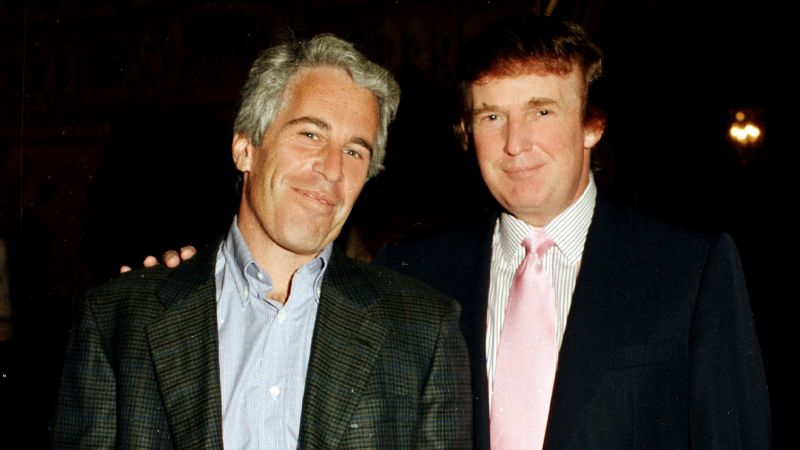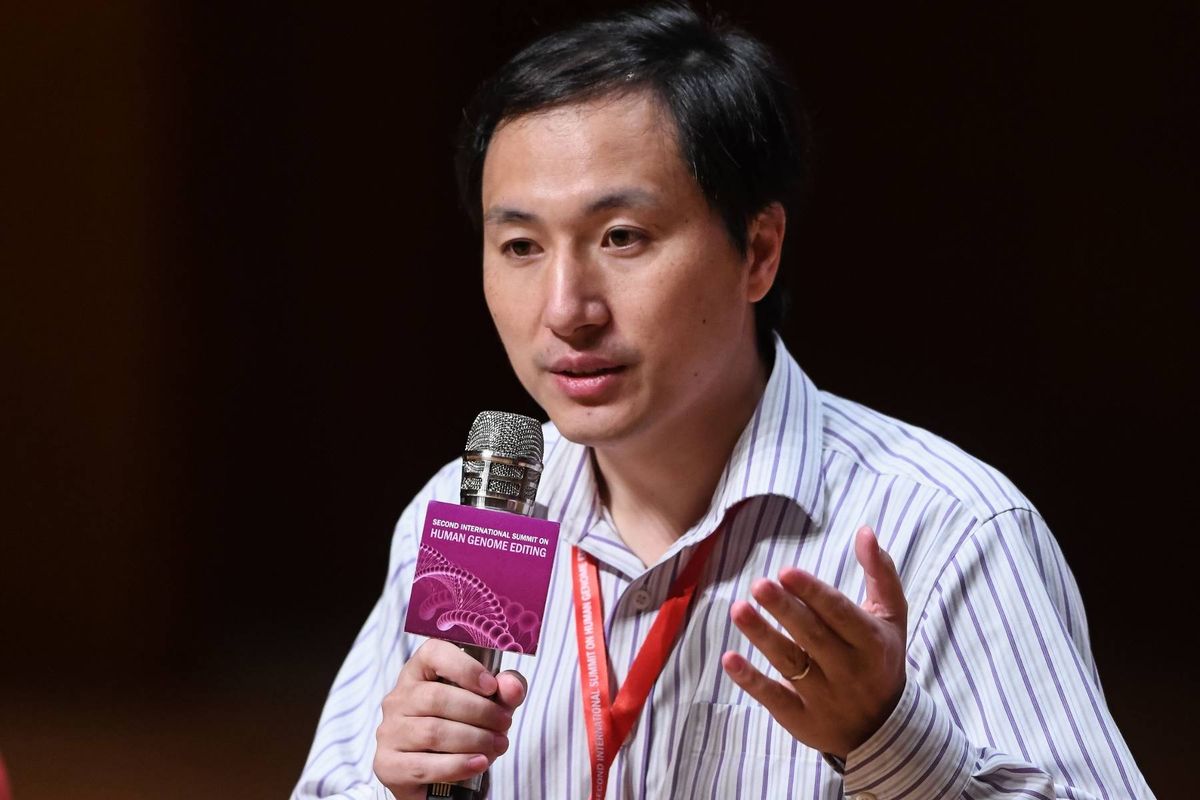
In recent weeks, significant questions have emerged regarding the handling of the Jeffrey Epstein case by the Trump administration. In 2021, JD Vance accused the government of concealing a “client list” related to Epstein, a claim that the current administration now disputes, asserting that no such list exists. Vance’s comments have resurfaced as the Trump administration grapples with public skepticism and conspiracy theories surrounding Epstein’s death and the implications of his connections with high-profile individuals.
The Trump administration recently reaffirmed its position that Epstein died by suicide and that no client list exists, dismissing claims of a cover-up. During a social media post, Donald Trump stated, “Let’s … not waste Time and Energy on Jeffrey Epstein, somebody that nobody cares about.” This dismissal stands in stark contrast to the earlier hype surrounding the Epstein case, which had been portrayed as a scandal involving powerful figures in sex trafficking.
Questions now arise about why the administration has downplayed the significance of the Epstein files. Vance criticized the government for its lack of transparency, suggesting that those in power should reveal information about individuals allegedly involved in Epstein’s network. Additionally, Kash Patel, the FBI Director, echoed Trump’s sentiment, declaring that “the conspiracy theories just aren’t true.” Yet, many within Trump’s circle, including those who once hinted at the possibility of uncovering significant revelations, now seem to downplay the situation.
One persistent question is whether Trump himself appears in the Epstein files. Though the inquiry does not imply wrongdoing, it remains relevant given Trump’s past associations with Epstein. Trump had previously referred to Epstein as a “terrific guy” before their public falling out. Notably, Elon Musk recently claimed that Trump is indeed in the Epstein files, although he did not provide details to support this assertion. Musk has since deleted his post but raised eyebrows regarding the potential implications of such claims.
The administration’s promise of further disclosures has also come under scrutiny. After an initial release of documents that proved largely uninformative, the Trump administration committed to more transparency. Pam Bondi, the Attorney General, had assured the public that more documents would be forthcoming, stating, “We will get everything.” However, recent communications indicate that many of the promised documents may remain sealed, raising concerns about a lack of follow-through on earlier commitments.
Another significant question relates to Epstein’s possible connections to intelligence agencies. When pressed on the matter, Bondi’s response was notably vague. Theories surrounding Epstein’s ties to intelligence have circulated for years, particularly following statements from former Labor Secretary Alexander Acosta, who had previously negotiated a controversial non-prosecution agreement with Epstein.
Republican Senator Mike Lee has further pressed the issue, suggesting that Epstein may have had benefits from being an intelligence asset. In a recent statement, former Israeli Prime Minister Naftali Bennett categorically denied that Epstein had any connections to Israeli intelligence, adding to the complexity of the ongoing discourse surrounding the case.
As the Trump administration navigates these sensitive questions, the calls for transparency persist. Many observers remain unconvinced by the administration’s recent dismissals and urge that a thorough examination of Epstein’s ties must occur. The unexplained shifts in narrative and the unanswered inquiries leave the public seeking clarity on a case that continues to evoke intrigue and skepticism.






